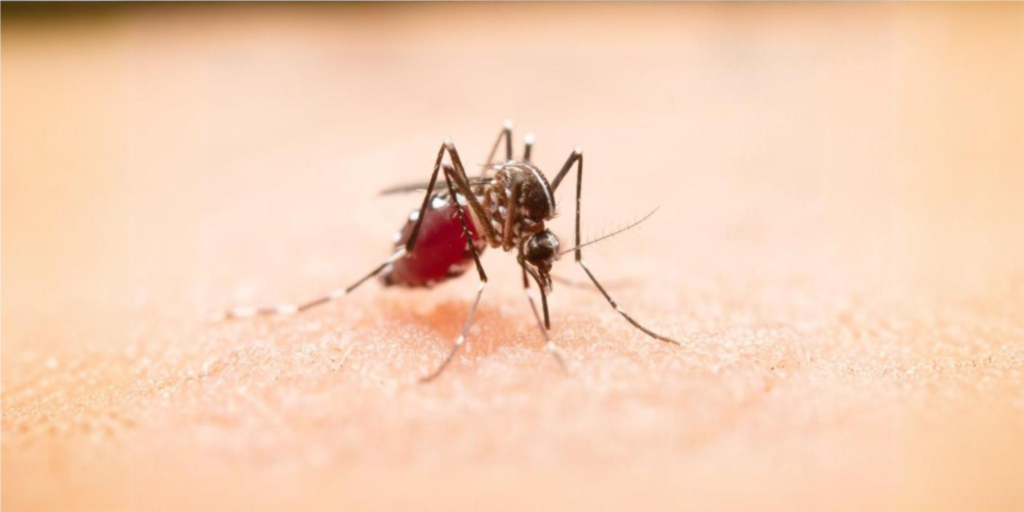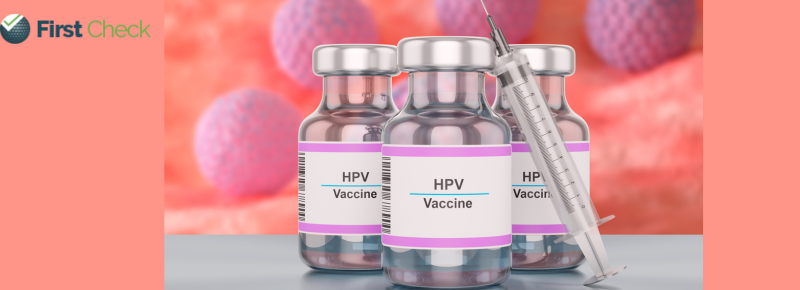Tags

Numerous symptoms attributed to menopause often occur in the perimenopausal phase that encompasses years preceding the final menstrual cycle.
The time that marks the end of a woman’s menstrual cycles, aka menopause, is often shrouded in mystery and unscientific narratives. It is important to shine light on the vital facts so that women have access to social, psychological and physical health support during the menopausal transition and after menopause as an integral part of healthcare, as envisioned by the World Health Organization.
Here are some facts about menopause that everybody must know:
Menopause is not the same for everyone.
Menopause is a natural biological process that marks the end of menstruation and fertility. It occurs when ovaries stop releasing eggs, and there are no more monthly periods. However, it’s essential to note that the severity and duration of symptoms can differ significantly among individuals, emphasising the unique nature of each person’s experience during this phase.
The symptoms may include hot flashes and night sweats, difficulties in maintaining concentration and memory function, vaginal dryness and painful intercourse, diminished libido, sleep disruption, and fatigue, among others.
Menopause requires no medical treatment.
Menopause is diagnosed when a woman has experienced the absence of menstruation for a period of one year. While it requires no medical treatment, it is a good idea to consult a qualified medical practitioner if you need help with managing any of the symptoms.
“Mild symptoms like hot flashes can often be managed with lifestyle changes and over-the-counter remedies. However, severe symptoms, such as excessive bleeding or intense mood swings, warrant medical attention to ensure proper care and to rule out other underlying conditions. Consulting a doctor ensures personalised guidance,” says Juilee Dandekar, menopause educator and co-founder of Menopause School India. She was diagnosed with Stage IV endometriosis at age 37 and had to undergo a hysterectomy and an oophorectomy putting her into a surgical menopause.
Menopause doesn’t mean lack of vitality.
While there are hormonal changes, along with physical as well as psychological changes during this period, menopause, does not imply the end of a woman’s vitality. It typically occurs between the ages of 45 and 55 years, and women are known to live happy, healthy and active lives for decades after menopause.
Contrary to popular belief, numerous symptoms often attributed to menopause occur in the perimenopausal phase, that encompasses years preceding the final menstrual cycle. During this phase, estrogen and progesterone levels fluctuate widely and the onset of symptoms may vary from person to person, depending on their personal health and history.
Menopause doesn’t mark the end of one’s sex life.
While menopause does diminish one’s libido, it doesn’t necessarily have to mean painful sex or no sex. In fact, one can enjoy sex without the fear of unplanned pregnancy.
From practising pelvic exercises to using lubricants and vaginal moisturisers, there are several ways to improve one’s sex life, during and after menopause. Further, a medical professional can recommend therapies and medications to decrease the intensity of menopause symptoms.
Lastly, it is crucial to talk openly about menopause and break the cycle of shame in order to encourage women to seek scientific advice and support from others. We need to recognise that menopause involves more than just physical changes; each individual’s experience is different.










